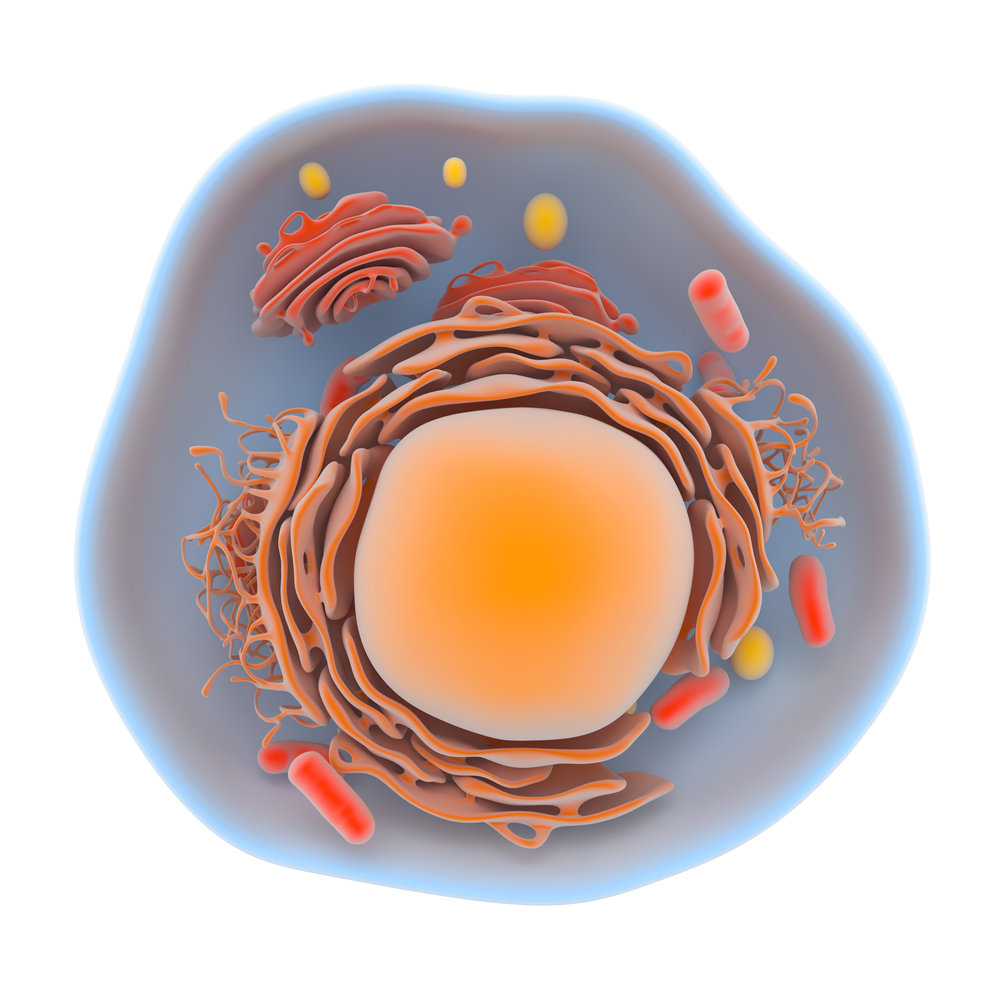Vitamin B3 Found to Rescue Mitochondria Defects in Adults with Mitochondrial Myopathy

In a new study entitled “Effective treatment of mitochondrial myopathy by nicotinamide riboside, a vitamin B3,” an international team of researchers show that a vitamin B3 form, nicotinamide riboside, is an effective treatment against mitochondrial myopathy in adults, delaying disease progression. The study was published in the journal Embo Molecular Medicine.
Mitochondrial myopathy is a muscular disease characterized by muscular weakness due to dysfunctional mitochondria, the cells’ organelles responsible for converting energy present within food to energy used by the cells, known as ATP. In fact, mitochondria dysfunction is the most common underlying cause of hereditary metabolic syndromes, and in adults, mitochondrial myopathy is the most frequent type of mitochondria disorders. Currently, however, no treatment is available for these diseases.
In this study, a research team at the University of Helsinki in Finland and collaborators at École Polytechnique Fédérale de Lausanne in Switzerland studied previous reports that showed nicotinamide riboside, a vitamin B3 and NAD+ precursor (NAD+ is a key factor to mitochondrial health) promoted mitochondria biogenesis. The authors hypothesized a positive outcome in the disease if mitochondrial myopathy mice were given nicotinamide riboside.
The authors show in the present study that mice fed with food supplemented with nicotinamide riboside exhibited a delayed mitochondrial myopathy progression, detected at early stages of disease and maintained at later stages. The team discovered that the B3 supplement induced formation of de novo mitochondria in skeletal muscle and brown adipose tissue. Additionally, they observed mitochondrial DNA lacked abnormal dysfunctions (at the ultrastructural level) as well as major DNA deletions. A protective response in mitochondria, termed Unfolded Protein Response, was activated upon B3 treatment, probably accounting for the preventive occurrence of mitochondria defects.
In conclusion, the authors highlight that their findings suggest that oral administration of nicotinamide riboside, a natural constituent of milk, has the potential to treat adult-onset mitochondrial myopathy.
Professor Anu Suomalainen Wartiovaara at University of Helsinki, Finland and study lead author commented in a press release, “These results are a breakthrough for understanding the mechanisms of human mitochondrial muscle diseases and for exploring the efficient treatment options for these progressive disorders of adults. They also highlight the potent role of niacin in guiding mitochondrial energy metabolism.”






